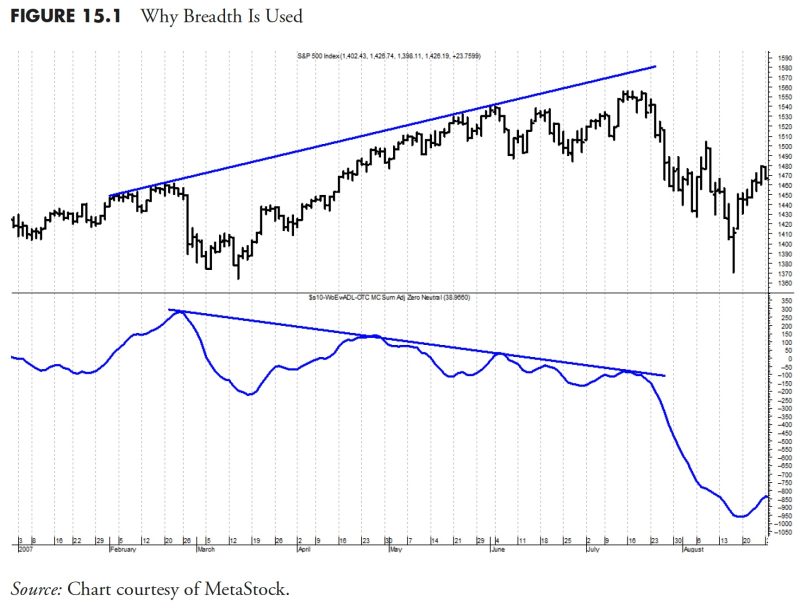Rules-Based Money Management: Putting Theory Into Practice
In the world of investing, emotions can often run high. Fear and greed are two powerful emotions that can drive investors to make hasty decisions that can potentially harm their portfolios. This is where rules-based money management comes into play, providing a structured framework for making investment decisions based on defined rules rather than emotional reactions.
The core idea behind rules-based money management is to remove subjectivity from the investment process. By setting clear rules and criteria for when to buy or sell assets, investors can avoid the pitfalls of emotional decision-making and stay disciplined in their investment approach. This approach is particularly useful in volatile markets where emotions can easily cloud judgment.
One key aspect of rules-based money management is having a well-defined investment plan. This plan should outline the investor’s financial goals, risk tolerance, and time horizon. By clearly defining these parameters, investors can establish a set of rules that align with their objectives and avoid making impulsive decisions that deviate from their long-term strategy.
Another important component of rules-based money management is setting concrete entry and exit criteria for investments. This could include specific price levels, technical indicators, or fundamental factors that signal when to enter or exit a position. By adhering to these rules, investors can create a systematic approach to managing their investments and reduce the impact of market fluctuations on their decision-making.
Risk management is also a crucial aspect of rules-based money management. Setting stop-loss levels can help investors protect their capital and limit potential losses. By establishing a predetermined point at which to cut losses, investors can prevent emotions from driving them to hold onto losing positions in the hopes of a turnaround.
Furthermore, diversification plays a key role in rules-based money management. By spreading investments across different asset classes, sectors, and geographies, investors can reduce the risk of being overly exposed to a single market event. This can help mitigate the impact of market volatility and unexpected events on the portfolio’s performance.
Monitoring and review are essential steps in implementing rules-based money management. Regularly evaluating the portfolio’s performance against the established rules allows investors to make informed decisions about whether adjustments are needed to stay on track with their investment plan. This ongoing process of assessment helps investors stay disciplined and objective in their approach to managing their investments.
In conclusion, rules-based money management provides a systematic and disciplined approach to investing that can help investors navigate the complexities of the financial markets with confidence. By setting clear rules, establishing a well-defined investment plan, and adhering to risk management principles, investors can avoid the pitfalls of emotional decision-making and increase the likelihood of achieving their financial goals. To succeed in the ever-changing landscape of investing, incorporating rules-based money management into one’s investment strategy is a prudent choice that can lead to more consistent and sustainable outcomes.




























